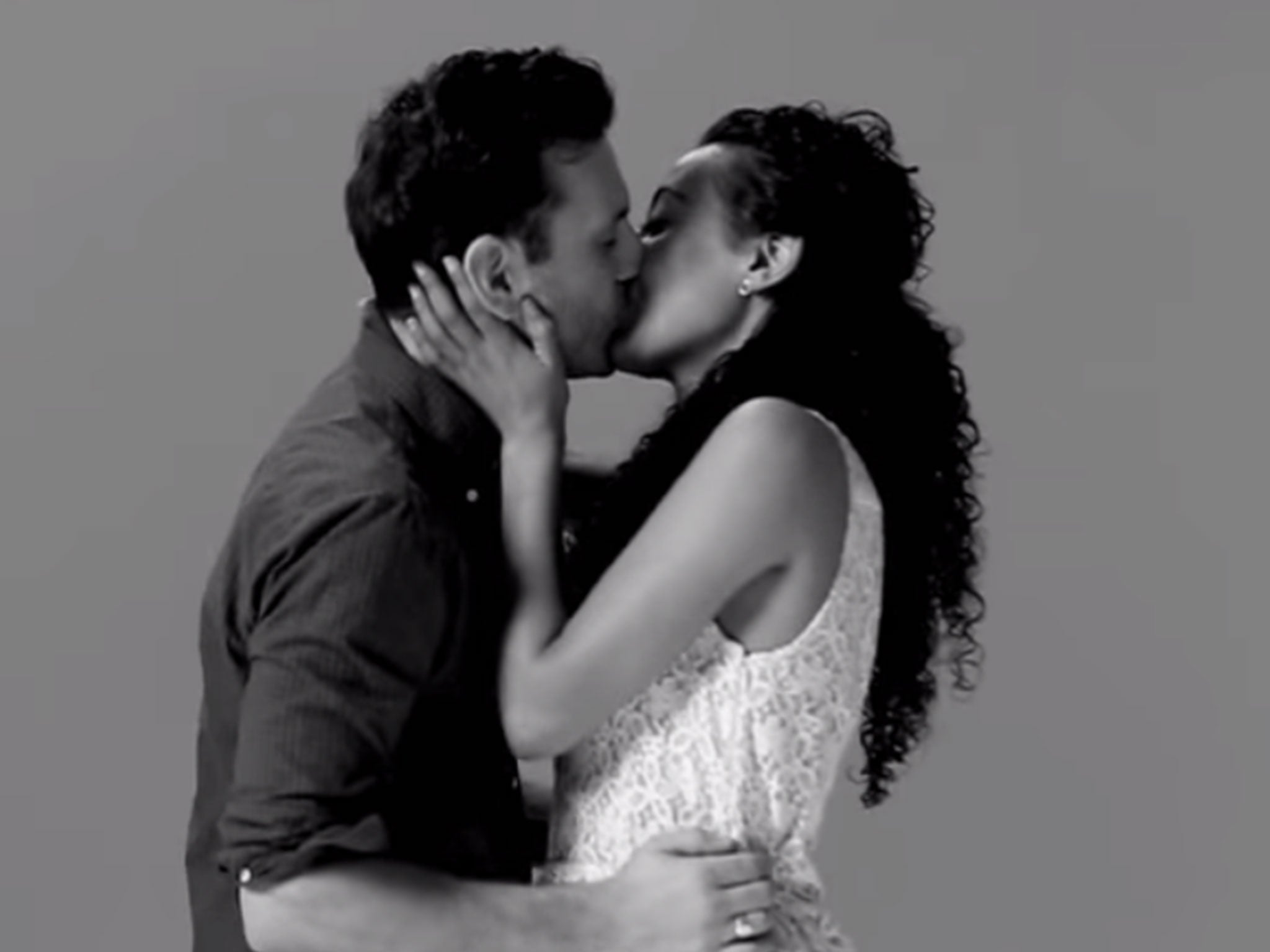Psychologists reveal why we kiss with our eyes closed
The findings have implications beyond kissing

Your support helps us to tell the story
From reproductive rights to climate change to Big Tech, The Independent is on the ground when the story is developing. Whether it's investigating the financials of Elon Musk's pro-Trump PAC or producing our latest documentary, 'The A Word', which shines a light on the American women fighting for reproductive rights, we know how important it is to parse out the facts from the messaging.
At such a critical moment in US history, we need reporters on the ground. Your donation allows us to keep sending journalists to speak to both sides of the story.
The Independent is trusted by Americans across the entire political spectrum. And unlike many other quality news outlets, we choose not to lock Americans out of our reporting and analysis with paywalls. We believe quality journalism should be available to everyone, paid for by those who can afford it.
Your support makes all the difference.People close their eyes while kissing to allow the brain to properly focus on the task in hand, psychologists have said.
A study on vision and tactile sensory experience at Royal Holloway, University of London, concluded the brain finds it difficult to process another sense while also concentrating on the visual stimuli.
Cognitive psychologists Polly Dalton and Sandra Murphy found “tactile [sense of touch] awareness depends on the level of perceptual load in a concurrent visual task".
However, these conclusions, published in the Journal of Experimental Psychology: Human Perception and Performance, were reached without studying couples kissing.
Study participants were instead assigned visual tasks to complete while their tactile sense was measured.
To measure visual sense, participants completed letter-searching tasks of varying difficulty. The tactile response was measured by responding to a small vibration applied to one of their hands.
An analysis found people were less responsive to the tactile sense as their eyes did more work.
When kissing and engaging in other activities pleasurable to the tactile sense, such as sex and dancing, people want to focus on touch, rather than other, potentially distracting, sensory experiences.
"These results could explain why we close our eyes when we want to focus attention on another sense," Ms Dalton said.
"Shutting out the visual input leaves more mental resources to focus on other aspects of our experience."
Those behind the research said it had broader implications.
Dr Sandra Murphy said: “It was already known that increasing the demands of a visual task could reduce noticing of visual and auditory stimuli.
“Our research extends this finding to the sense of touch. This is particularly important given the growing use of tactile information in warning systems.”
Tactile alerts are used in as warning systems in some cars and aeroplanes, both of which demand a high level of visual concentration.
“For example, some cars now provide tactile alerts when they begin drifting across lanes. Our research suggests that drivers will be less likely to notice these alerts when engaging in demanding visual tasks such as searching for directions at a busy junction,” Dr Murphy added.
Join our commenting forum
Join thought-provoking conversations, follow other Independent readers and see their replies
Comments